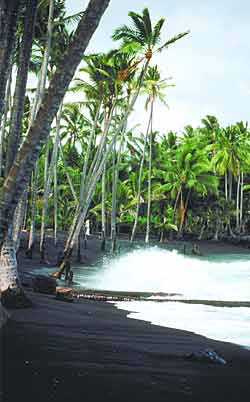
 |
| Home |
It is interesting to see that it is not
only culture, but economics also, that must be controlled in order for
cruise lines to attract passengers, represent adventure, luxury and fun
and remain the “kings of the world.” Cruise lines control
the economics of vacations in a variety of ways. First of all, they make
sure that voyagers do not spend too much time on shore and too little
time spending and consuming onboard by charging extra fees for any type
of activity that takes place away from the ship. To explore “Mayan
ruins” or “spend time at Nassau’s world famous Straw
Market”(Carnival Website), there is an added fee, typically about
$60 for adults and $25 for children, and this is an important way that
the “cruise control” works in the economic sphere. In subtle
ways, all supposedly in the name of increasing the adventure and excitement
that that be achieved while on a cruise, these companies are further dictating
what is acceptable to enjoy, to devour and most importantly, to spend
money on. |
 |
Because of these tactics and because of the relative power and influence that cruise lines have over the mostly third world countries to which they bring vacationers, not only does this industry do a fantastic job of controlling their customers, but an even better job controlling a large piece of the economy of countries such as Mexico, Jamaica, Aruba and Grand Bahamas. Through the on board activities offered by the ships, plus the privatized on shore trips, the cruise ship industry is able to discourage and damage the domestic industries of these countries, especially the businesses that thrive on tourism, such as taxi companies and port side restaurants. Through this excessive use of control in marketing and in money, the cruise ship industry is able to keep themselves afloat, while the people and the economies of these countries sink, and sink quickly. Back. |